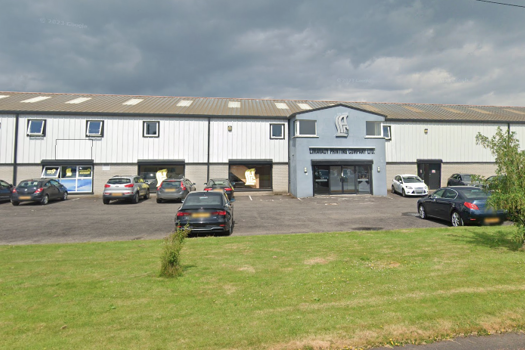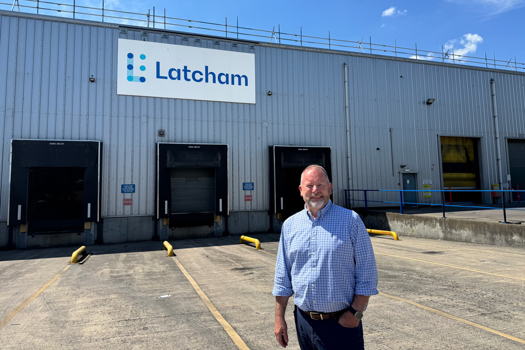The Blanefield calico printworks in East Stirlingshire, Scotland was closed down at the end of the 19th century. The land was redeveloped in the 1950s at which time no contamination was recorded.
However, in 2012 a routine inspection of the land by the Scottish Environmental Protection Agency found traces of lead and arsenic, levels of which were deemed to carry the "significant possibility" of harm to human health.
The 13 households that sit on the former print site are now liable to cover the cost of cleaning up the contamination, which amounts to £633,000 including landfill taxes. The residents took their case to local MP Anne McGuire last year who lobbied the local council and the Scottish and UK governments to foot the bill.
Stirling Council has pledged £125,000 towards the costs and in an announcement this week, the UK government has committed £255,000 of ring-fenced funding towards the final cost.
So far the Scottish government has not committed any funds but it is understood that residents of Blanefield are meeting with Scottish finance minister John Swinney next week to state their case.
McGuire said individuals who had inherited a situation from a company that had not existed for over 100 years should not be penalised and added that she was “absolutely delighted that the ministers saw sense at last and have pledged £255,000 towards the clean-up costs".
She added: “Stirling Council and the UK government have done their bit. I hope that the Scottish government will now make its contribution and give the residents peace of mind, so that the land can be cleaned and they can get back to life as normal."
Economic secretary to the treasury Nicky Morgan said, “I am delighted that we are able to help the residents of Blanefield with a proportion of the cost of removing this contamination.
“I hope that we are able to resolve this matter quickly, working with the local authority and Scottish government, to ensure that residents do not bear this unnecessary burden.”









